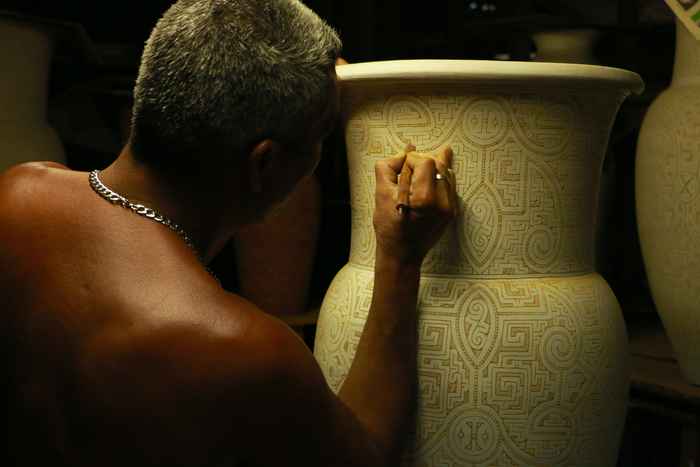Honoursmodule: Looted Art and Restitution (6 EC)
Restitution of looted art is a controversial and complex topic. Whilst several museums and 'holding' states have developed policies to return artefacts looted during imperialism or the Second World War, others, such as the British Museum, oppose restitution by reference to the value of the 'universal museum' or cultural diversity. Questions to be discussed in this course are: what is considered 'looted art' and who are ‘rightful owners’, and how do ethical norms in that regard correspond to the law?

Cultural objects are not 'just' commodities but enjoy a protected status under (international) law. Today, the protection of cultural heritage has been acknowledged as a matter of fundamental human rights and the sustainable development of societies.
Nevertheless, around the world and throughout history cultural objects have been, and are still being, looted. Over time such objects may turn into symbols of a cultural identity or (lost) family history, especially if the looting took place during persecution or other human rights violations. Various categories of looted art can be distinguished, such as colonial takings and Nazi-looted art, 'conflict antiquities' and unlawfully exported 'movable antiquities'. But what about the restitution of such looted objects?
In this course the legal and ethical frameworks for protection, ownership and restitution of cultural objects will be introduced. The aim is to familiarize you with the topic of (contested) cultural objects and the role of provenance research in that regard.
Various experts and scholars working in this field will be invited to give guest-lectures, from (art) historians, provenance researchers to law enforcement.
Coordinator
mr. dr. Evelien Campfens
Timetable
All lectures will take place on-campus and we assume you can be physically present during the scheduled hours. You can find the timetable on Datanose.
Registration
Registration is possible for students participating in an Honours programme. The registration period for the Honours courses will be from June 6, 10:00 am to June 10, 11.59 pm. You can register through the online registration form that will appear on Honoursmodules IIS. (registration is NOT through SIS)
Please note: Placement is not guaranteed if you register after June 10, so make sure you register on time. You will hear which course(s) you are registered for before the end of June.
For questions about registration, please contact us at: honours-iis@uva.nl.
- Mode
- Honours programme
- Credits
- 6 ECTS,
- Language of instruction
- English
- Starts in
- September